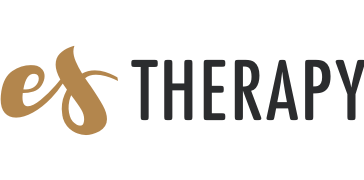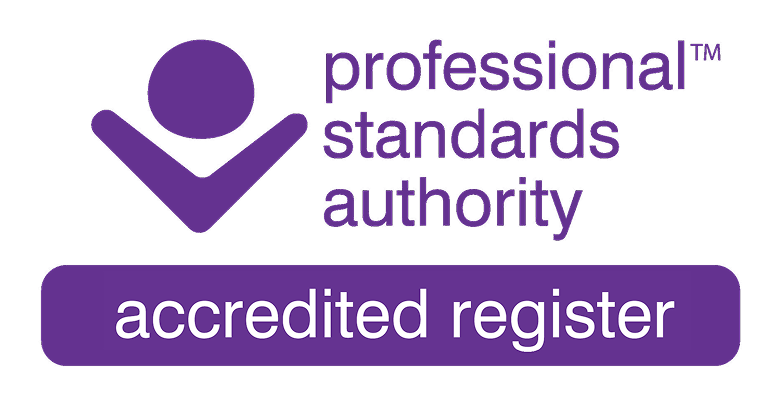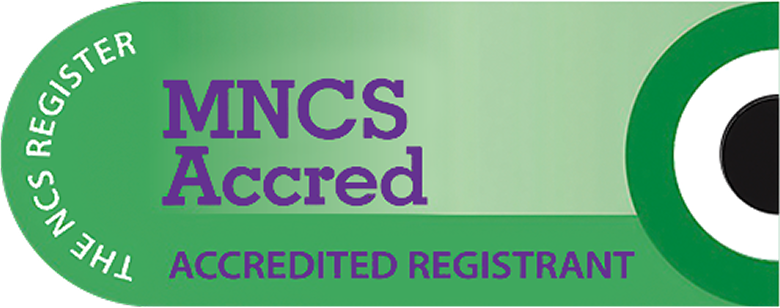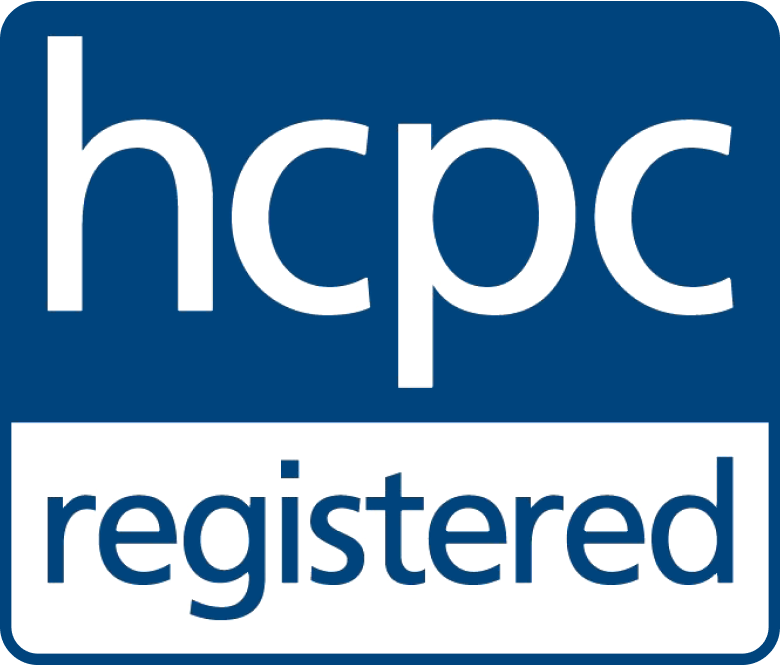Why ES Therapy Centre?
Professional
Our dedicated team of professional psychotherapists are highly qualified, and experienced.
Convenient
To best accommodate your busy schedule, we provide both remote and in-person sessions.
Personalised
Support is tailored to your unique needs, ensuring a client-centred approach
Need more info?
Start with a free consultation
Mon – Fri: 9am – 7pm
Saturday: 8am – 2pm

Dr Esthefanea F. Santos


We Can Help
I offer a genuine, compassionate, and empathetic environment in which to safely explore difficulties or concerns. My approach to psychotherapy is integrative and relational. I work from the understanding that the relationship between the client and therapist can act as a catalyst for change. I will not usually advise, instead, I will create a non-judgemental space to talk through worries and find meaning.
Get to know me and how I work in this introductory blog post.
As a counselling psychologist, my approach is integrative and relational. I tailor therapy to each individual using evidence-based approaches such as CBT, psychodynamic therapy, person-centred methods, and mindfulness-based interventions.
I place strong emphasis on building a safe, trusting relationship where clients feel able to explore their experiences at their own pace.
I have experience supporting clients with a wide range of difficulties, including anxiety and stress, depression and low mood, relationship challenges, life stage transitions, and experiences of trauma and abuse.
You can find a fuller overview of the conditions I work with on the Services page.
I hold a Doctorate in Counselling Psychology and am a registered Psychologist with the Health and Care Professions Council (HCPC), the UK regulatory body that ensures practitioners meet national standards for training, professional skills, and ethical practice. I’m also accredited by the National Counselling and Psychotherapy Society (NCPS), meeting robust standards set by the Professional Standards Authority.

Dr Megan McEwan
I have extensive experience working with children, adolescents, and families, both privately and within the NHS. I provide a supportive space where clients can explore difficulties and work towards meaningful change.
Alongside therapy, I carry out neurodevelopmental assessments for autism and ADHD and offer advice and consultation to help families explore options.
I work relationally and collaboratively, placing strong emphasis on building a safe and trusting relationship. I listen carefully to your concerns and together we can develop a plan to support your child in a way that feels manageable and meaningful.
I have experience supporting children and young people with a range of difficulties, including anxiety, OCD, low mood, emerging disordered eating, and emotional regulation challenges.
You can find a fuller overview of the conditions I work with on the Services page.
I hold a Doctorate in Counselling Psychology and am a registered Psychologist with the Health and Care Professions Council (HCPC), the UK regulatory body that ensures practitioners meet national standards for training, professional skills, and ethical practice. I am also accredited by the British Association for Behavioural and Cognitive Psychotherapies (BABCP), which recognises my expertise in delivering evidence-based cognitive and behavioural therapies.
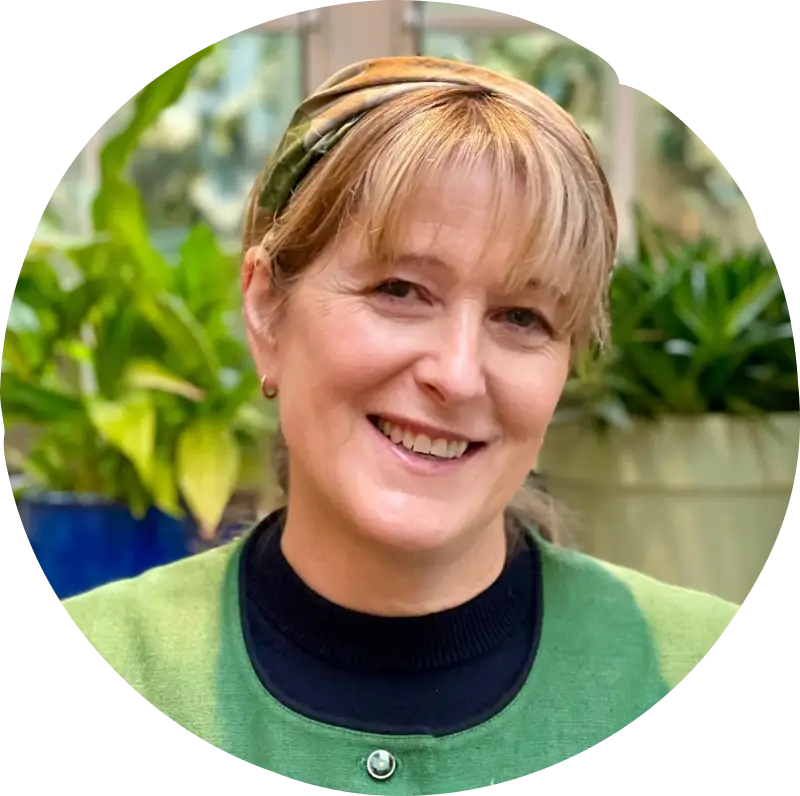

Here for you
What We Can Do Together
Counselling
Counselling is a type of therapy that usually refers to brief interventions (4 weeks – 6 months).
Psychotherapy
Psychotherapy (also known as talk therapy) refers to medium to long-term interventions (6 months+).
Couples counselling
Couples therapy is a form of talking therapy designed to help resolve issues within an intimate relationship.


Reach Out and Talk to Us Today
Remote therapy works like traditional face-to-face therapy, just over the phone, Skype, FaceTime, Zoom, or other online communication tools. Its effectiveness is clearly documented, and its popularity continues to grow. It’s important to note that a good internet connection is vital for working online. If you are in crisis with your mental health, then online therapy won’t be the best fit for you. Please visit our FAQ for more information on where to turn if you need urgent mental health support.
Talking to a professional from anywhere is extremely convenient—but it is essential to set up in an environment free of interruptions. Choose a private space, ideally with a closed door, to prevent conversations from being heard and avoid interruptions.
Counselling and Psychotherapy are often considered to be interchangeable and overlap in a number of ways, the main differences between the two centres around the length of time and depth of work. Counselling usually refers to brief interventions (4 weeks – 6 months) that centre around specific issues such as grief, work-related stress, and ill health. Psychotherapy focuses on working with clients for a longer term (6 months+). It draws from insight into emotional problems and difficulties and focuses more on exploration.
There are many factors to consider when choosing the right therapist, and finding the right fit is key. It is important that your therapist is someone with whom you will feel comfortable working. It is helpful to search and explore for some time in the beginning. Before meeting a potential therapist, visit their website and get a sense of their experience and qualifications. An initial phone consultation provides a great opportunity to ask questions to help you decide.
Ready to Talk?

